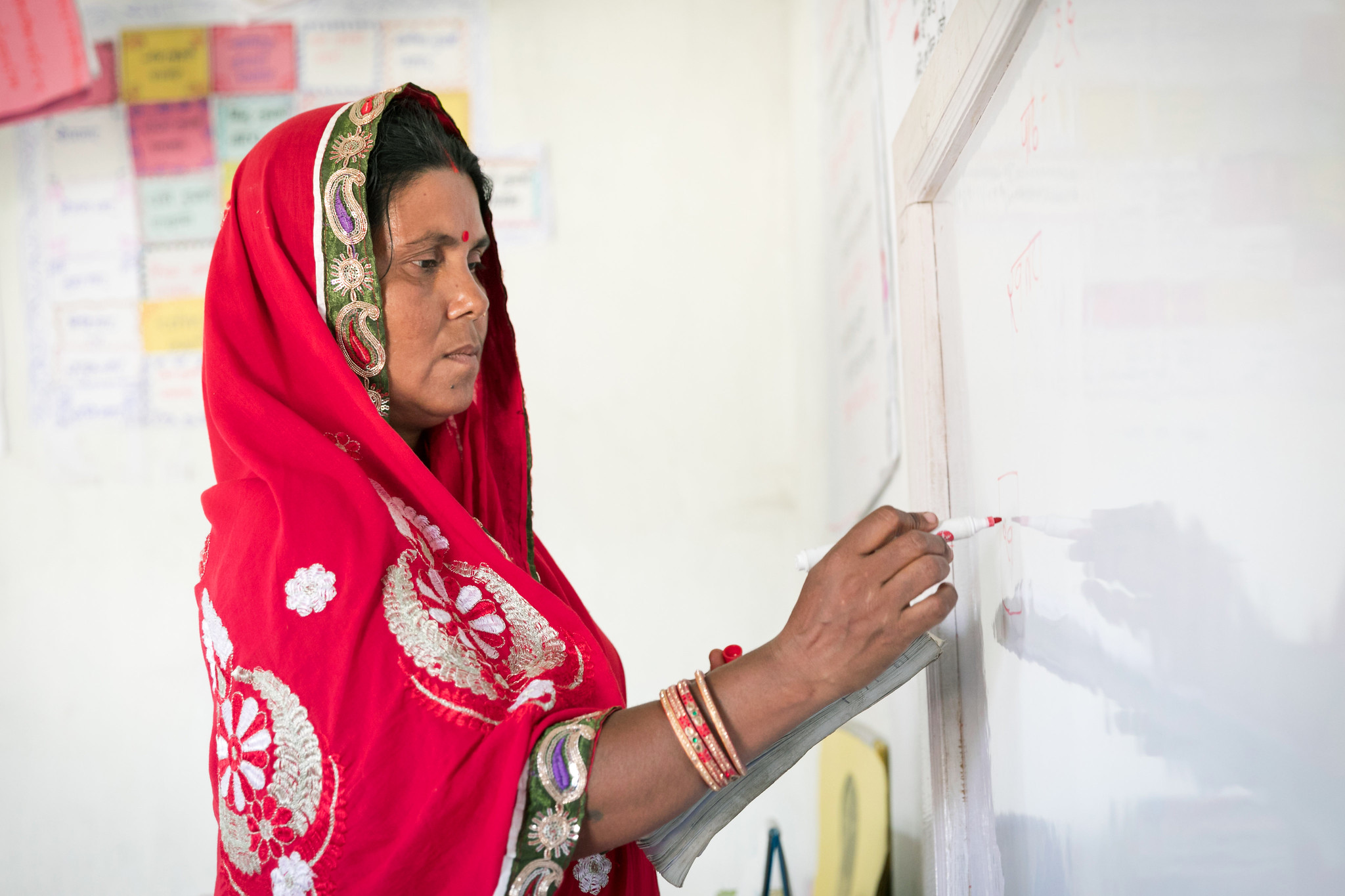
In the context of its extension until 2027, the Global Partnership for Education (GPE) Knowledge and Innovation Exchange (KIX), a joint endeavour with Canada’s International Development Research Centre (IDRC), is offering costed extensions to a selection of current applied research projects. Following a competitive process, The Impact of Gender and Inclusive Pedagogies on Students’ Participation and Learning Achievement at Secondary School During the Pandemic and Beyond project is one of those selected.
Background
At the secondary level, inequalities in education lead to poor participation and academic achievement from students. Bangladesh, Bhutan, Nepal, Viet Nam, and Timor-Leste all face several common equity-related challenges linked to gender equality and inclusion. They have all reported struggles to transition away from more traditional ways of teaching to evidence-backed competency and skill-based learning.
This project tests the effectiveness of gender and inclusive pedagogies (GIP), which offer an evidence-based framework to ensure equal participation and learning achievement from students, regardless of their background. Proven GIP interventions target teacher professional development to guarantee that educators can identify and address equity concerns in the classroom. The study is examining teachers' attitudes, sense of self-efficacy, classroom practices, and students’ participation and learning achievement in these contexts.
Results to date
The project has collected substantial data that indicates there have been significant changes in teachers’ attitudes, efficacy, and classroom practices, with notably increased capacity to address equity issues. Alongside these achievements, the project has seen improved learning outcomes and participation from students. Teachers in all implementing countries have reported a reduction in shyness from female students as well as more proactive inclusion of students with disabilities. The flexibility of the online and offline practice modalities that the GIP packages offer has also meant that many teachers were able to include families and communities in their teaching practice. The proven success of the intervention so far has sparked the interest of national education stakeholders.
Upcoming Plans
This success has been leveraged to scale this project further, ensuring its impact on school attendance and learning outcomes is achieved in more schools. To do so, a National Advocacy Framework will be developed to promote GIP, supported by GIP master trainers who will be selected from ministries of education. This scaling process will build towards eventually embedding GIP package content into existing teacher education and development curriculums in each implementing country. For this extension, the project will focus its scaling activities on Bangladesh, Bhutan and Timor-Leste. These countries are all undergoing significant curriculum reform and share a similar academic calendar, which will facilitate knowledge sharing and collaboration across stakeholders and ensuring scalability.
Further details on the project and updates can be found here.
